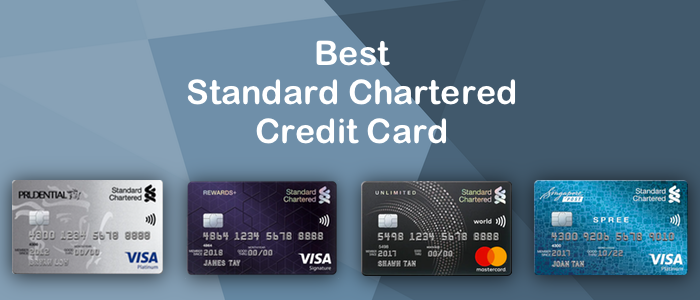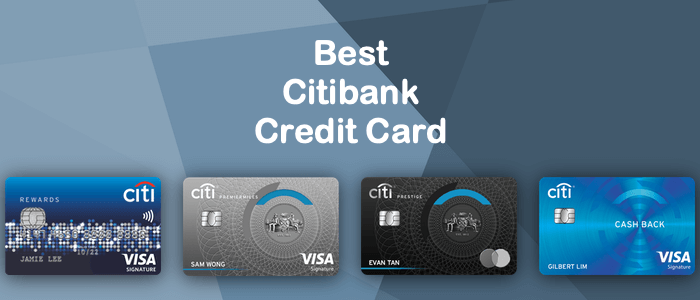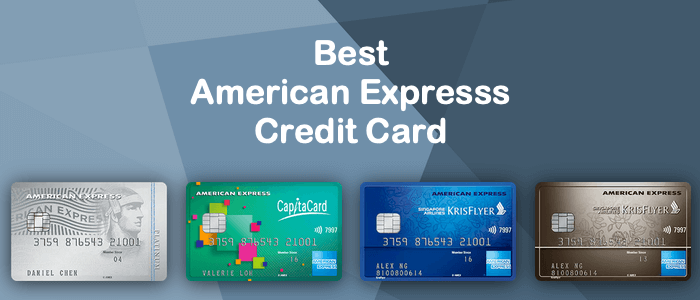Credit Card Fraud In Today’s World
Do you know that Singapore has the sixth-highest rate of credit card fraud globally? In today’s hyper-connected world where consumers no longer think twice to key in their credit card details online to make purchases or link it to their phone for cashless payments, we need more vigilance in protecting ourselves against credit card fraud.
In a survey done by payments solutions firm ACI Worldwide, they identified 5 risky behaviours prevalent in the Asia Pacific region that correlates to a greater incidence of fraud. These 5 risky behaviours include:
- not locking your smartphone
- shopping or banking online without a security software
- writing your PIN number on a card
- responding to an email or calls asking for banking information
- throwing away bank statements that are unshredded
Are you guilty of any of the above? We might not think much of the above, but when card fraud occurs, you might regret not taking the following actions to ensure that your card details do not fall into the wrong hands.
Keep Your Smart Phone Safe
Always lock your smartphone with a password or simply use your fingerprint to lock your phone. This is one of the easiest ways to prevent access to any confidential information that you might have on your phone.
Additionally, if you use your phone to make any purchases or banking transactions, do not use the same password option so that no one can access this information if they get hold of your phone.
Carry Out Online Transactions Safely
It’s so easy to shop and purchase items online these days that we hardly think twice. But it also exposes us to all kinds of malware, virus or scams that can be turned into credit card fraud.
When shopping on a site or accessing your bank accounts, make sure that the site is a secured site. You can check this by looking out for a symbol that looks like a lock on the left side of the URL of the site.
Lastly, after you are done with your transactions, remember to clear your cache!
Beware of Phishing Scams
Phishing email messages, websites, and phone calls are designed to commit fraud and steal money. Cybercriminals can do this by installing malicious software on your computer or stealing personal information off your computer.
A popular trick that phishing emails use is the use of a popular company, such as those of common email providers, Paypal and banks. They typically ask you to click on links where you’d be required to enter some personal details or password and threaten an account block if instructions are not followed. Look out for bad grammar and emails that look similar to official sources or are slightly altered.
There have also been reports of phishing phone calls imitating those of banks, so be extra careful about revealing your personal information on the line, or suggest that you call back through the bank’s official phone line instead.
Leave No Paper Trail
If you bank online regularly, you might want to opt in for the bank to not send you any paper statements. Often, they may be opened by other members of the family or the statements may continue to be sent to your previous addresses.
Not only would not receiving paper statements be more eco-friendly, it also reduces the chances of having your private information being seen by others. However, please do not take this as an excuse to not go through your card statements every month thoroughly.
Always Report Your Missing Card ASAP
Most people who detect that their cards have been missing dismiss it as their absent-mindedness in misplacing the card, hoping to find it back within the next few days. However, the risk of fraud increases every second you do not report the loss of your card.
So even if you think that the card is somewhere around your house and it is a matter of time before you find it, do not take the risk and call up your card issuer to report the loss anyway. You will be able to get a new card in a timely manner and will reduce the risk of you being liable for any purchases made by a fraudster.
Do Not Divulge Your Card Details on Social Media
This may look very intuitive but some people actually pose pictures of their credit cards on their social media profile, thinking that it does not pose any danger since they hold on to the physical card.
Well, people can steal the credit card number and the name on your card to commit various fraud or make fraudulent purchases. Best to keep these things private!
If you think you’ve been a victim of credit card fraud and want to start again with a new bank and new credit card, then check out our credit card comparison engine for the best credit cards in Singapore.




